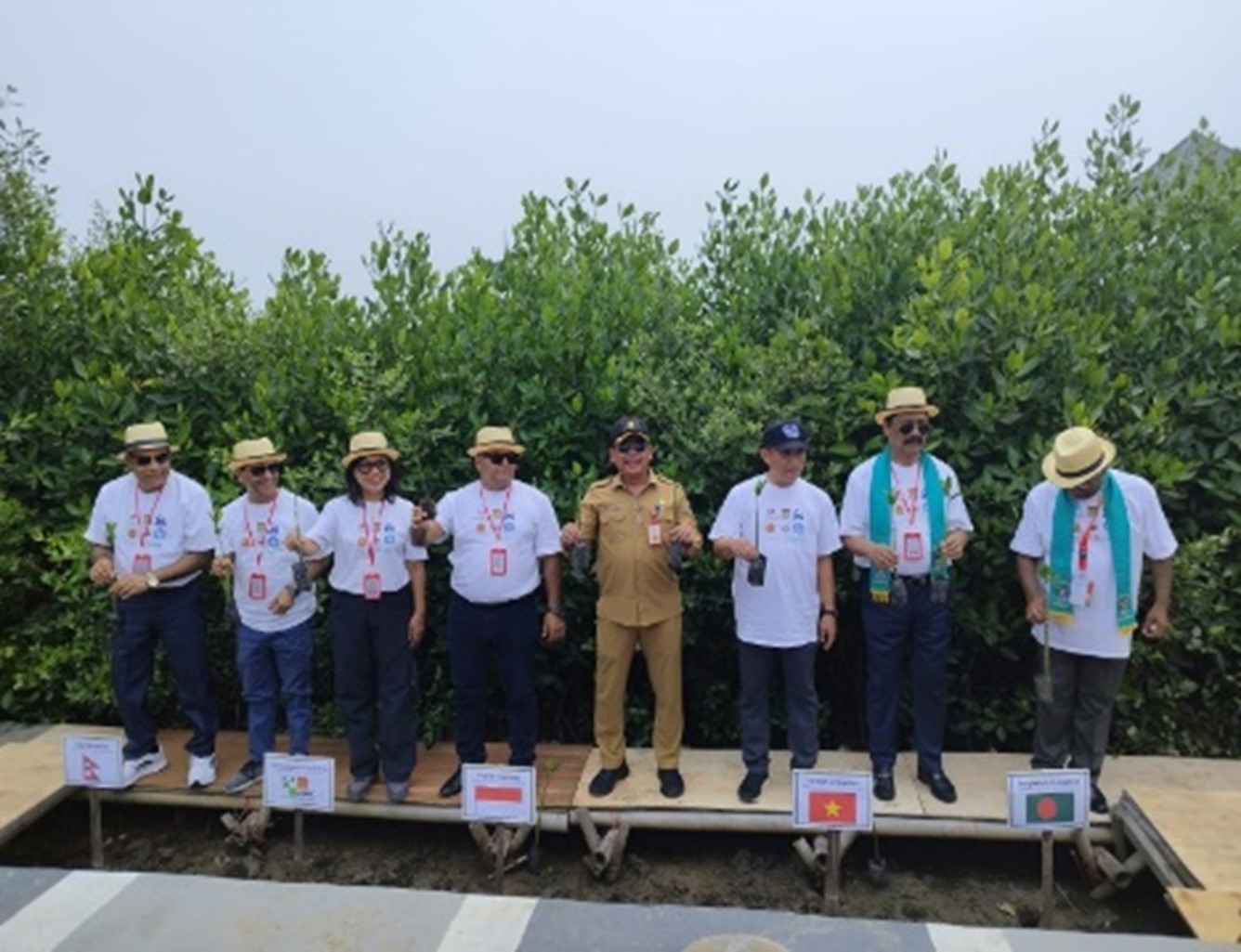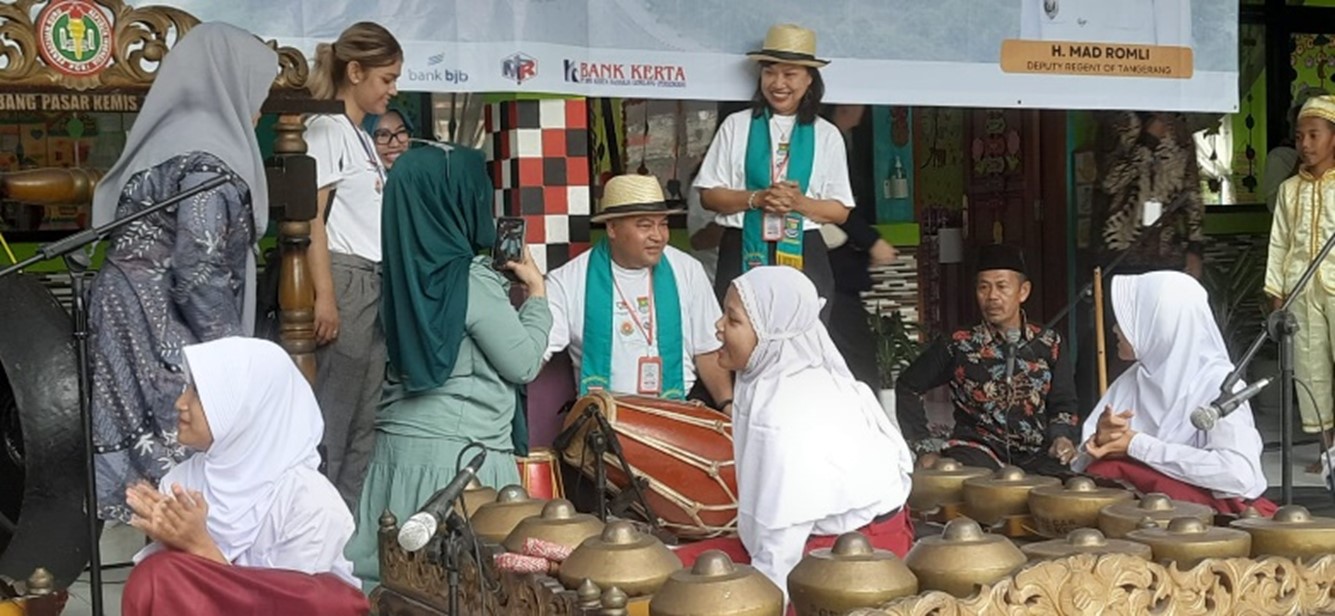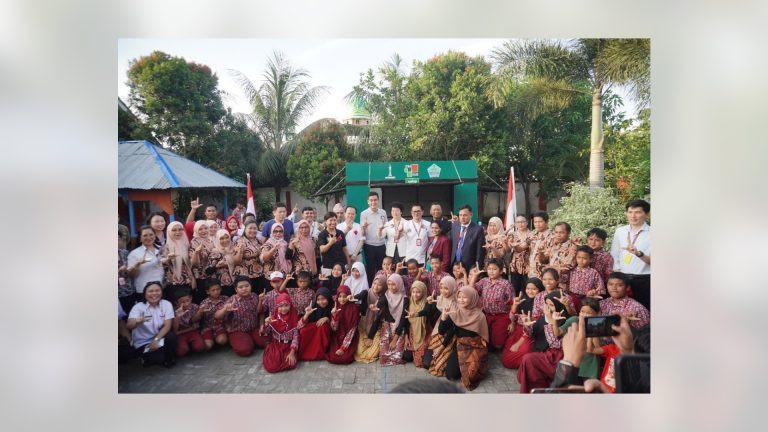24-25 July 2023 | Tangerang Regency – UCLG ASPAC initiated the Municipalities Network Advocacy on Sanitation in South Asia (MuNASS) programme that focuses on strengthening the capacities of local government associations on safe sanitation. MuNASS has been praised for being able to bring about enabling policies on safe sanitation and put them into action. At the South and Southeast Asia City Wide Inclusive Sanitation (CWIS) Workshop hosted jointly by UCLG ASPAC and Tangerang Regency of Indonesia, participating city Mayors have highlighted the need for regional collaboration on learning and exchange to come up with solutions to address SDG 6.2 through institutionalising CWIS for marginalised communities of the region.
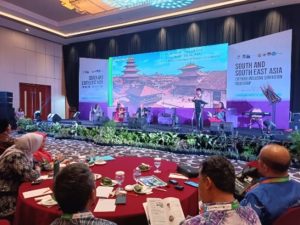
“These activities are very important and especially for UCLG ASPAC members to exchange experiences, ideas, and solutions for dealing with dense, slum, and poor areas by leaving no one behind,” said Regent of Tangerang Regency, Dr. Ahmed Zaki Iskandar who is also the Chairperson of Aliansi Kabupaten-Kota Peduli Sanitasi (AKKOPSI) that is an alliance of cities and regencies on sanitation in Indonesia. Around 120 delegates, including representatives from Bangladesh, Indonesia, Nepal, and Viet Nam as well as students from the Swiss German University of Indonesia and journalists attended the two-day event at Atria Gading Serpong Hotel from July 24 to 25, 2023, in Tangerang Regency.
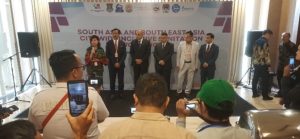
Speaking at the inaugural session, Secretary General of UCLG ASPAC, Dr. Bernadia Irawati Tjandradewi applauded the role MuNASS Mayors have played in Bangladesh and Nepal by changing policies and bringing into action their initiatives on safe sanitation in only a few years since the inception of MuNASS in 2017.
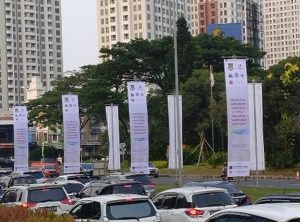
In addition to the local governments’ capacity strengthening, MuNASS has also been focussing on advocacy on safe sanitation initiatives. The current MuNASS Phase-II has the Municipal Association of Bangladesh (MAB) working with municipalities through the wider FSM Network; while the Municipal Association of Nepal (MuAN) is working with seven hub municipalities and satellite municipalities in each province with Environment and Public Health Organisation (ENPHO) as its technical partner. MuNASS in the latter phase has adopted the concept of CWIS focussing on its functions of responsibility, accountability, resource planning, and management by municipalities widening its goals on sanitation.
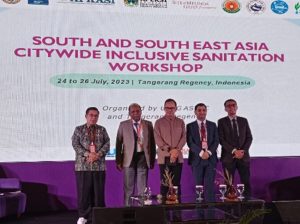
“The challenge is to still make more elected and non-elected officials aware about CWIS and fecal sludge management which are no longer a development agenda but part of our regular development planning for sustainable cities,” said Bhim Prasad Dhungana, President of MuAN and Mayor of Neelakantha Municipality in Nepal. Similarly, the President of MAB and the Mayor of Nilphamari Municipality in Bangladesh, Dewan Kamal Ahmed, highlighted the need for financial resources to make sanitation still available to all in developing countries in the region.

President of UCLG ASPAC and Mayor of Dhulikhel Municipality of Nepal, Ashok Kumar Byanju Shrestha, lauded the role of city Mayors as “Sanitation Champions” and abiding by the values and strength of UCLG ASPAC for knowledge exchange and collaborations.
“MuNASS started when I was President of MuAN in Nepal and safe sanitation is a topic quite close to my heart,” he said. “Our funding partner, the Bill and Melinda Gates Foundation (BMGF), also does agree that we have been able to be a role model to advocacy work for cities on safe sanitation,” he added.
The South and Southeast Asia CWIS Workshop also provided a platform for Bangladesh, Nepal, and Viet Nam to share their safe sanitation initiatives while Indonesian cities such as Biak, Bandar Lampung, Banjarmasin, Bogor, Buru Selatan, Magelang, and South Tangerang apart from the Tangerang Regency also shared their experiences.
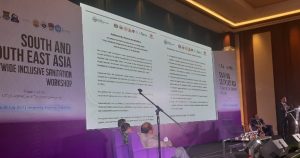
During the technical session, participants also urged the need to follow-up on Kathmandu Recommendation agreed upon by participating cities of the Executive Bureau Meeting of UCLG ASPAC in Kathmandu, Nepal in April 2023. The Kathmandu Recommendation, among others, encourages facilitation of participatory governance through the inclusion of low income and marginalised communities as well as calls for private sector and financial institutions to increase their support for resilient and sustainable cities.
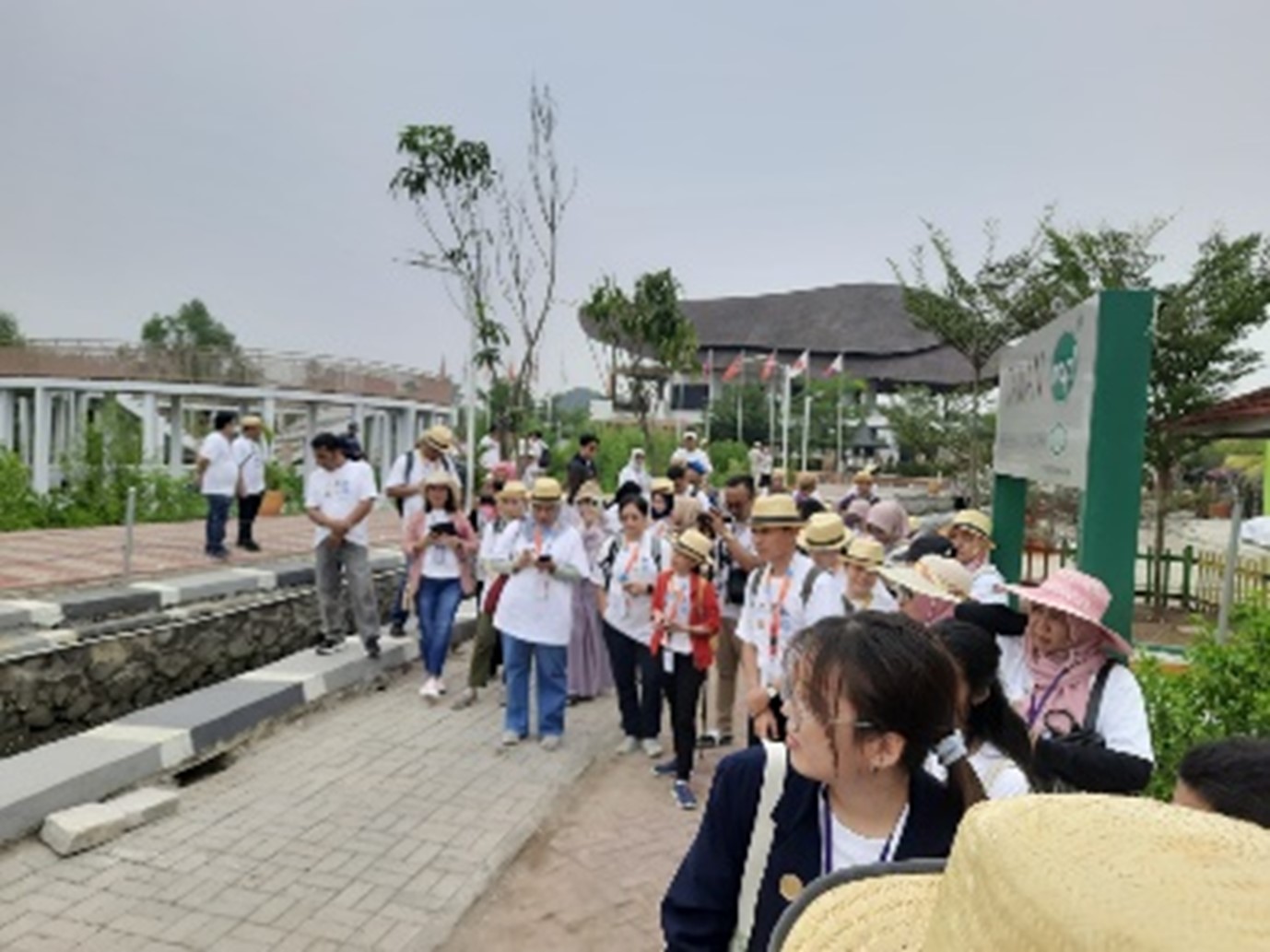
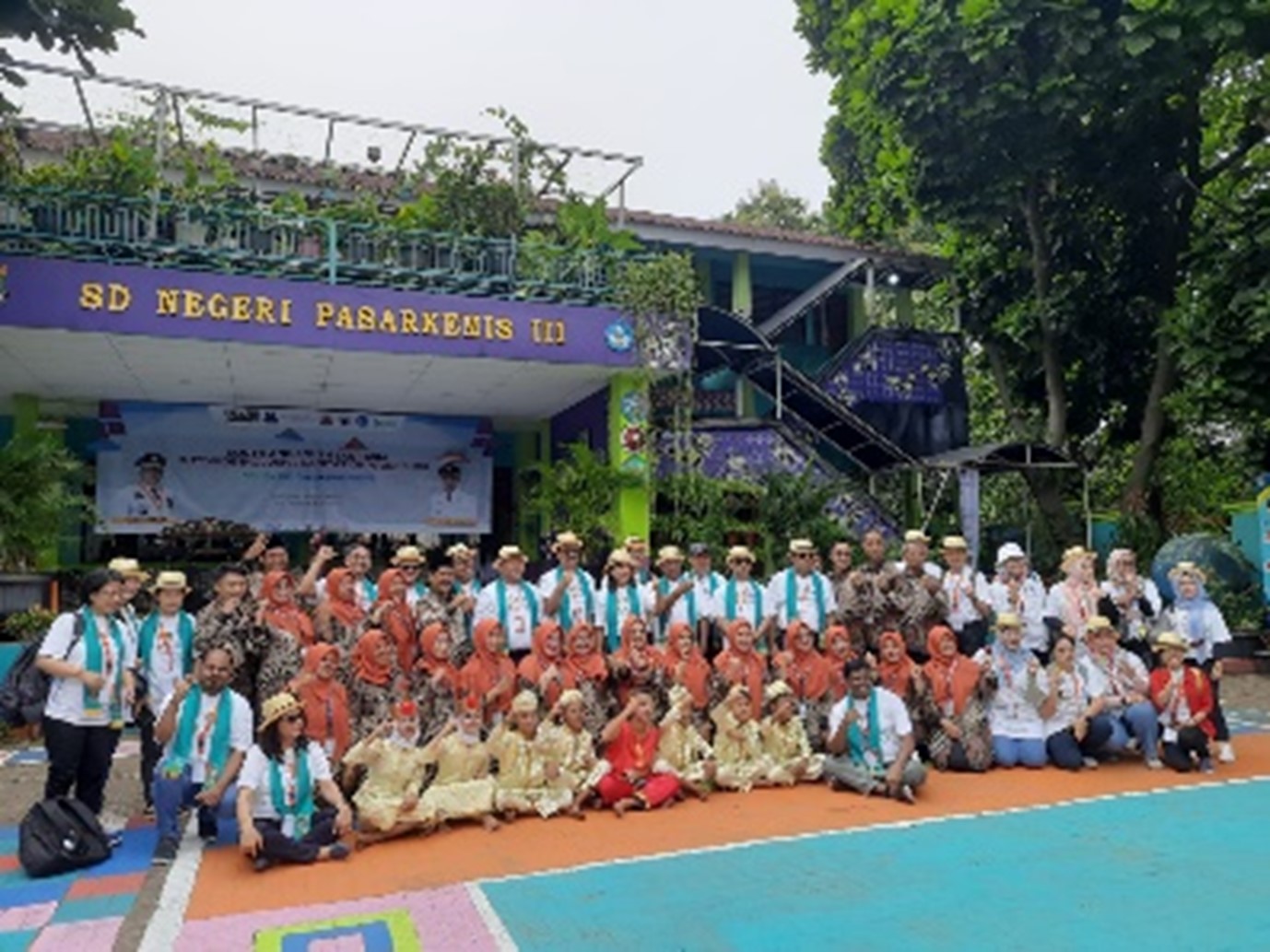
The two-day event concluded with a visit by international delegates to observe school sanitation activities in the district of Pasar Kemis as well as the Gerbang Mapan Programme in Ketapang Urban Aquaculture (KUA) in the district of Mauk carried out by Tangerang Regency to rehabilitate fishermen families with sanitation facilities.
Recommendations:
- Uphold and promote inclusive urban sanitation to address SDG 6.2 require greater attention from national, sub national and local governments in the Asia-Pacific region;
- Recognise the importance role of inter-municipal and intra-regional cooperation for building Inclusive, climate resilient and sustainable cities in Asia and the Pacific;
- Call on the private sector and financing agencies for cooperation with local governments;
- Support the development and implementation of local standards and regulatory framework;
- Promote participatory, equitable, gender responsive sanitation governance through the inclusion of low-income and marginalised communities;
- Promote horizontal learning and experience sharing of urban innovations within and beyond region.
CLICK HERE for Presentations/Speeches
